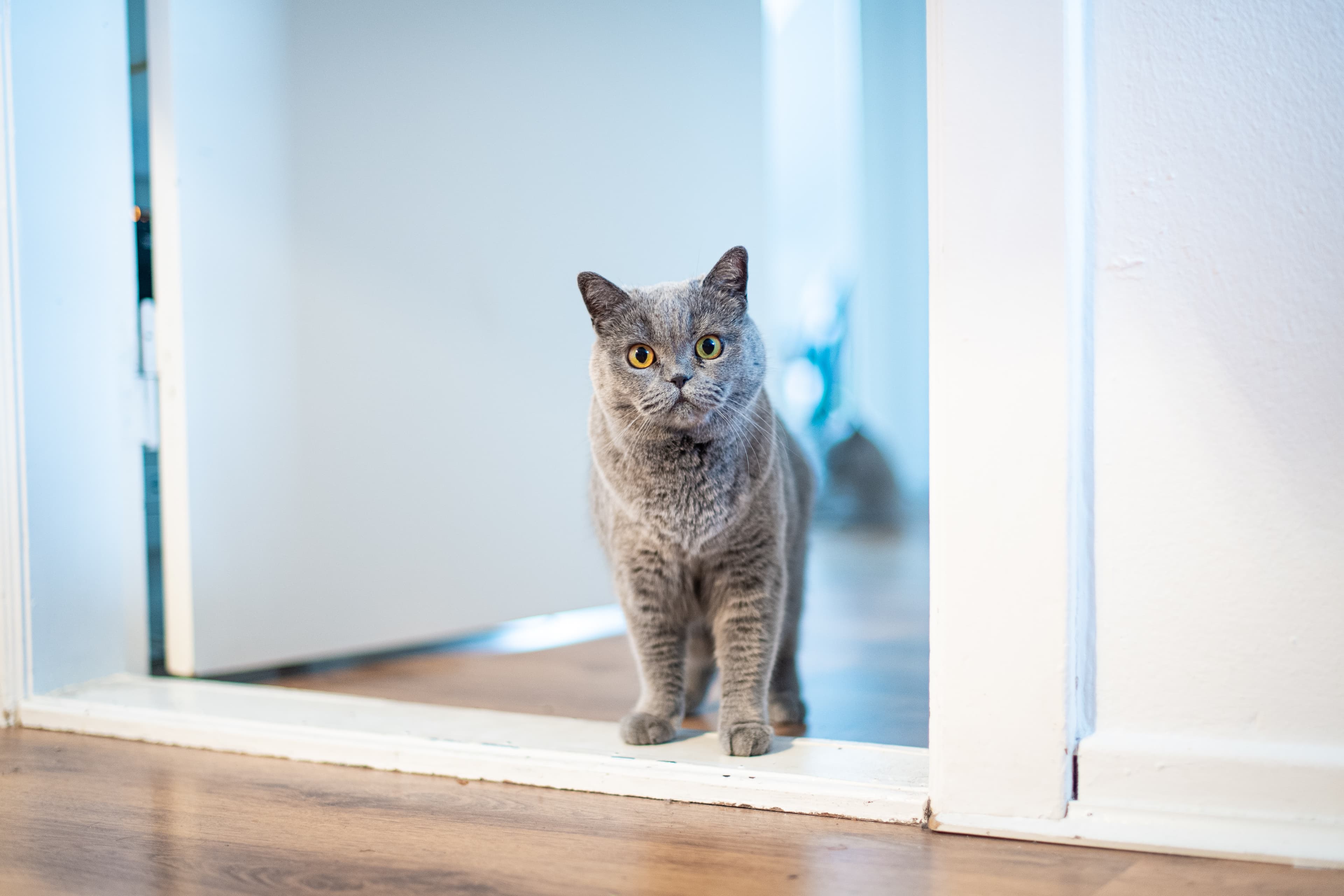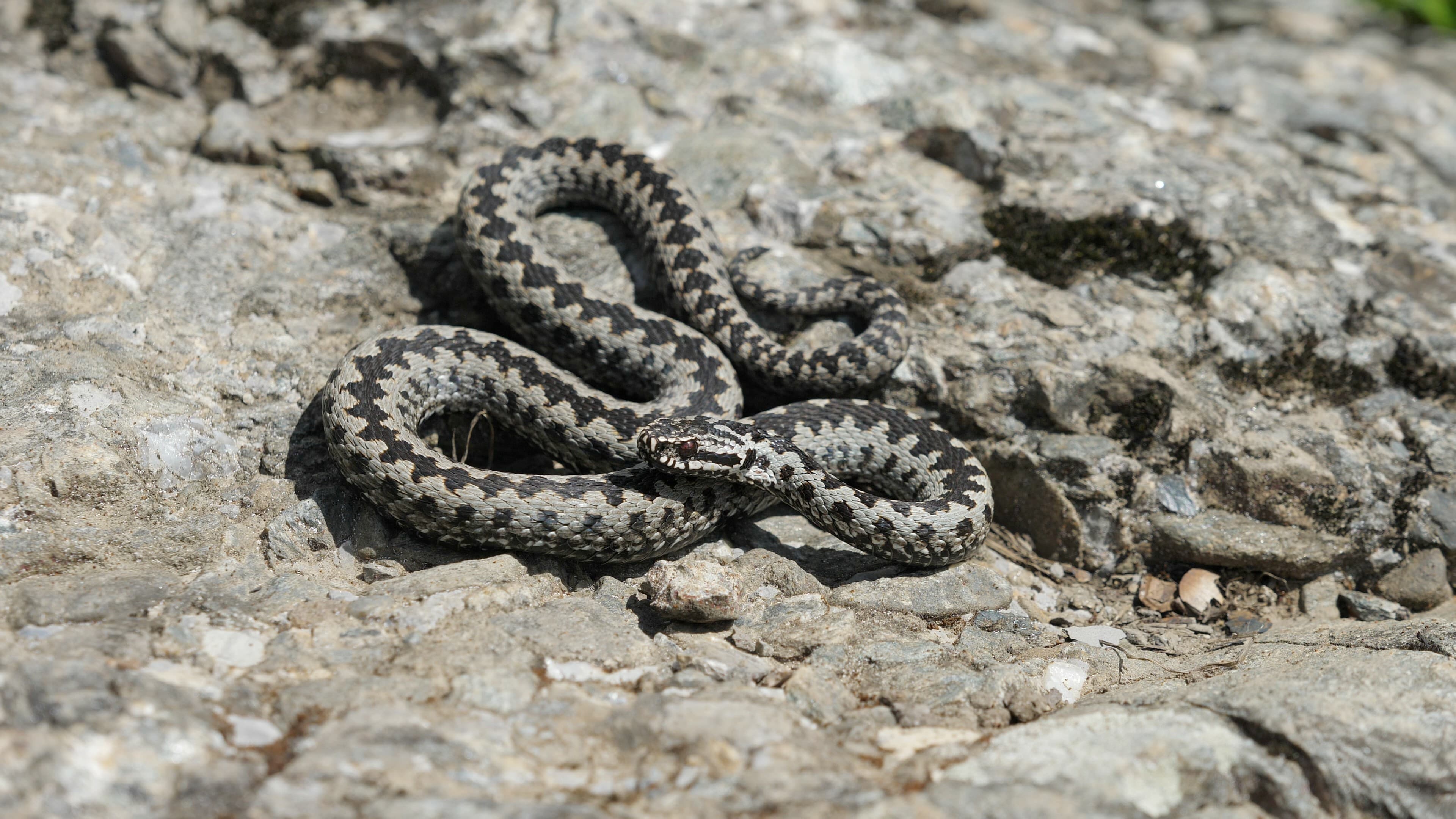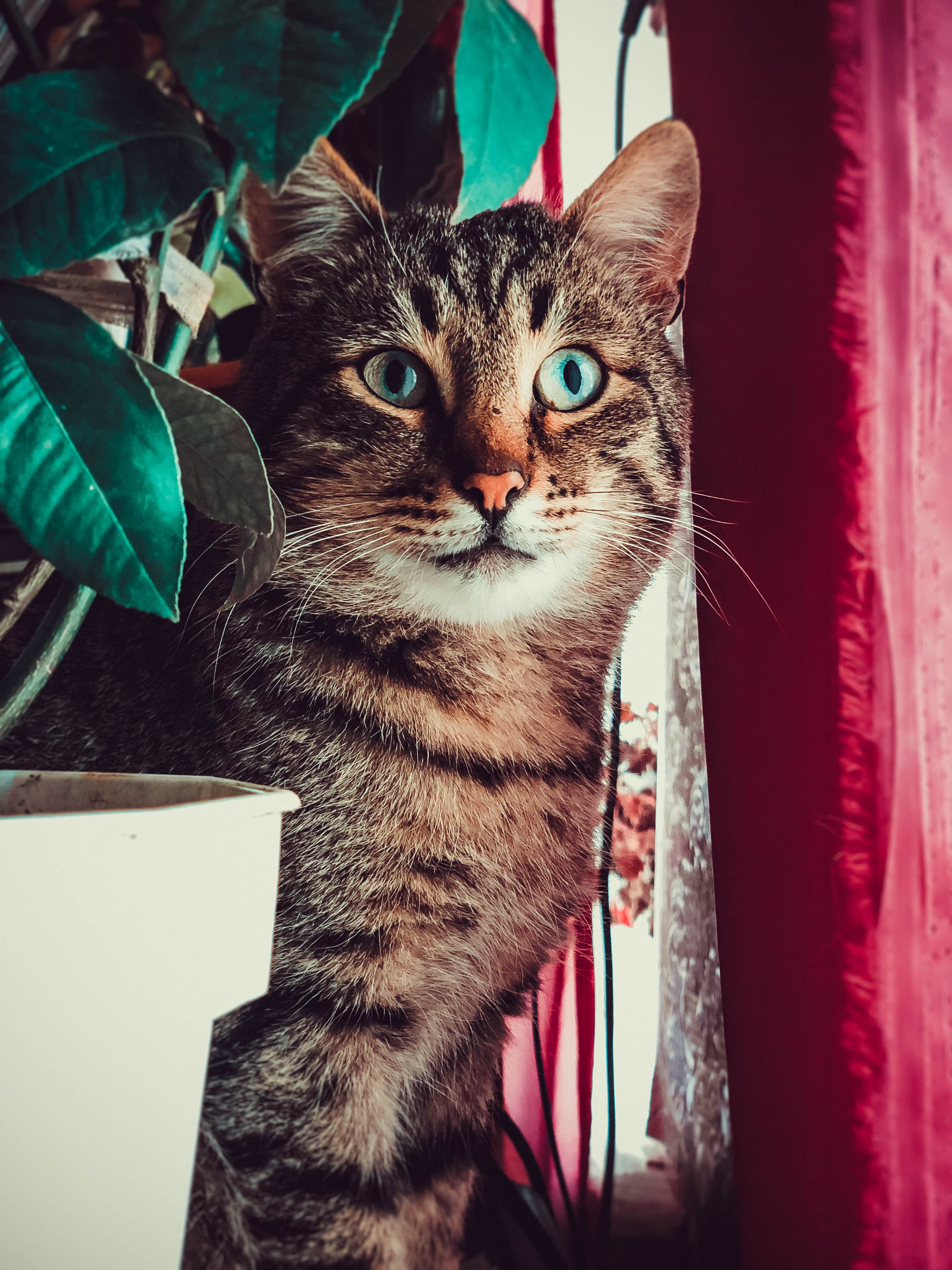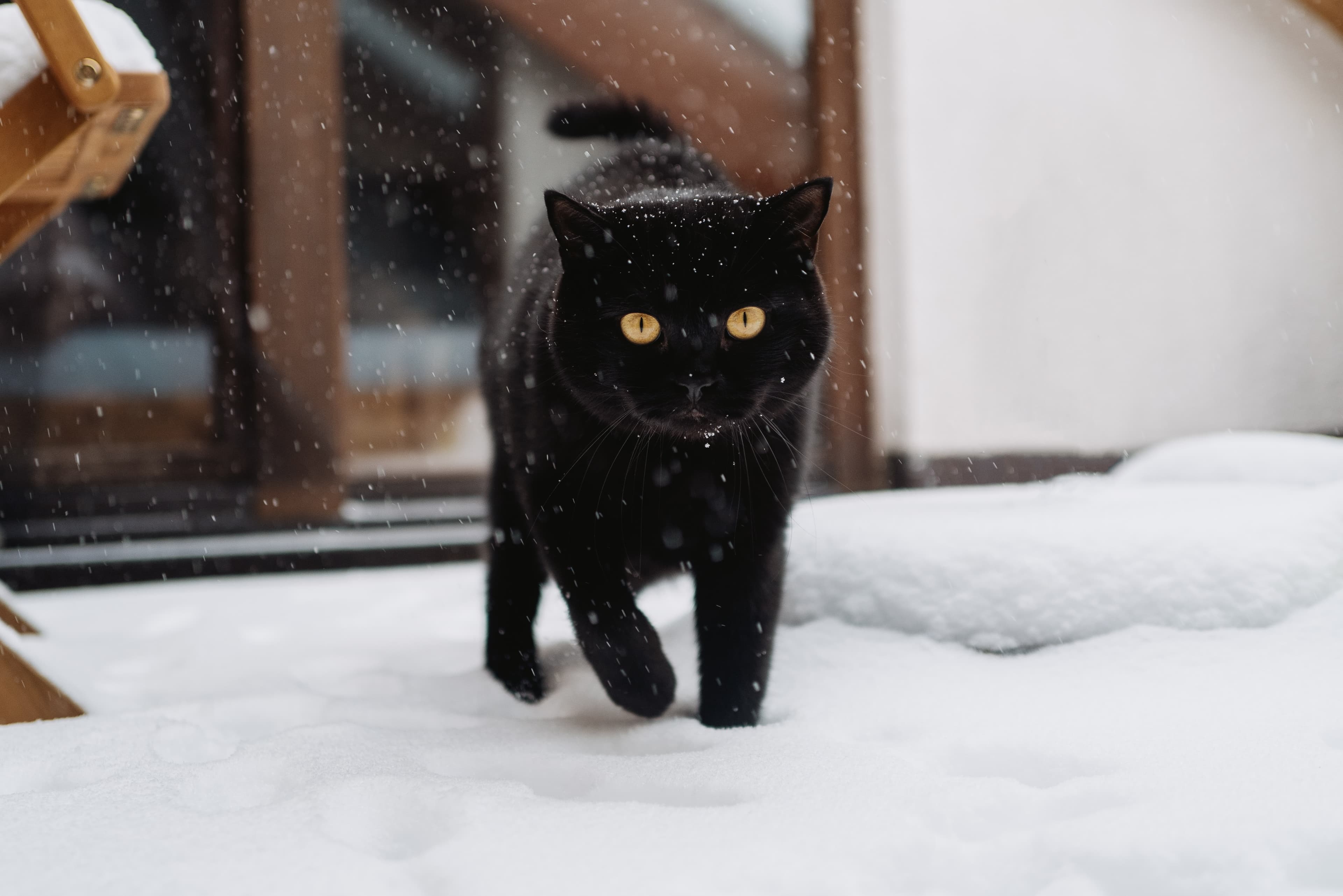Salmonella in cats
Salmonella is an intestinal bacterium that can be passed between animals and people. Young cats with weakened immune systems are most likely to become infected. In the UK, the spread of infection in cats is often worse during winter and early spring.
Spread of salmonella
Late winter and early spring are when the risk of wild birds carrying salmonella bacteria is greatest. This means that cats that hunt or eat birds are at risk of contracting the disease. The infection can also spread through the faeces of affected animals or contaminated raw food.
Symptoms
Cats can show a range of symptoms from salmonella bacteria; some cats have mild symptoms or none at all. Others might develop:
Vomiting
Fever
Diarrhoea (which may be bloody)
Reduced appetite
Dehydration
If you notice any of these symptoms, it's recommended to contact a vet for an examination. If your cat has salmonella, it will be confirmed with stool tests.
Treating Salmonella
Many cats recover on their own without specific treatment. In severe cases, a cat might need supportive care, like an IV drip, to help fight the infection. While your cat is unwell, it’s really important to practice good hand hygiene, as Salmonella can also affect humans.






